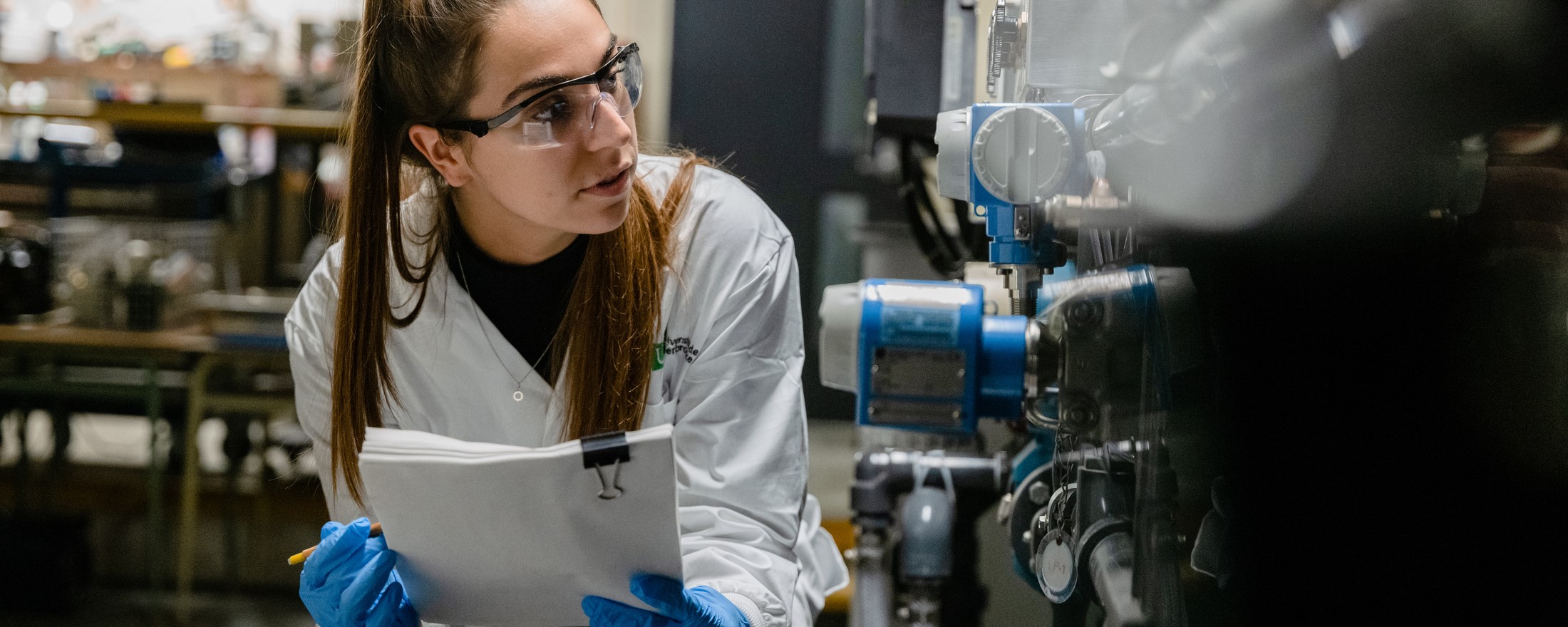Driver Assistance for Intelligent Off-Road Vehicles
Overview
- RESEARCH DIRECTION
- Alexandre Girard, Professeur - Department of Mechanical Engineering
- RESEARCH CO-DIRECTION
- François Ferland, Professeur - Department of Electrical and Computer Engineering
- ADMINISTRATIVE UNIT(S)
-
Faculté de génie
Département de génie électrique et de génie informatique
Département de génie mécanique
- LEVEL(S)
-
2e cycle
3e cycle
Stage postdoctoral - LOCATION(S)
- CTA - Centre de Technologies Avancées
Project Description
Driver Assistance for Intelligent Off-Road Vehicles Driver assistance systems are now present in many modern cars, with functions such as automatic braking, lane keeping, speed regulation, automatic parking, etc. This project focuses on adapting various of these technologies to off-road environments, where perception and control challenges are numerous. The student working on this project will develop algorithms (control law, trajectory optimization, dynamic simulation, and/or machine learning), conduct tests in a realistic simulation environment including a driving simulator, and participate in trials with full-scale vehicles. About the research project BRP, CM labs Simulations, LeddarTech, Université de Sherbrooke and McGill University will co-develop connected and perceptive vehicles for advanced research purposes. The collaboration will also involve Centre de Technologies Avancées - BRP - UdeS (CTA). This joint initiative will enable the parties to investigate, test and validate advanced driver assistance system (ADAS) features such as collision avoidance in off-road environments. Prototype vehicles will be able to "see" their environment in real-time with perceptive sensors, including LiDAR sensors provided by LeddarTech, radars, and cameras while also having the ability to communicate with one another using the latest vehicle-to-everything (V2X) protocols. Vehicles will incorporate some Level II and Level III driving capabilities to enhance driver/passenger safety. To accelerate the development, a digital twin will be created using CM Labs' Vortex Studio. The advanced digital twin will be used by students and professionals as a software-in-the-loop and driver-in-the-loop sandbox. The vehicle will be meticulously modelled with a state-of-the-art high-fidelity simulation that will include the perceptive sensors and validated real-time tire-soil interaction models, thus enabling the team to conduct virtual validation plans, train neural networks and generate large amounts of virtual data.
Discipline(s) by sector
Sciences naturelles et génie
Génie électrique et génie électronique, Génie mécanique
Funding offered
Yes
Partner(s)
Bombardier Produits récréatifs (BRP) , CM Labs Simulations Inc.
The last update was on 9 July 2024. The University reserves the right to modify its projects without notice.
